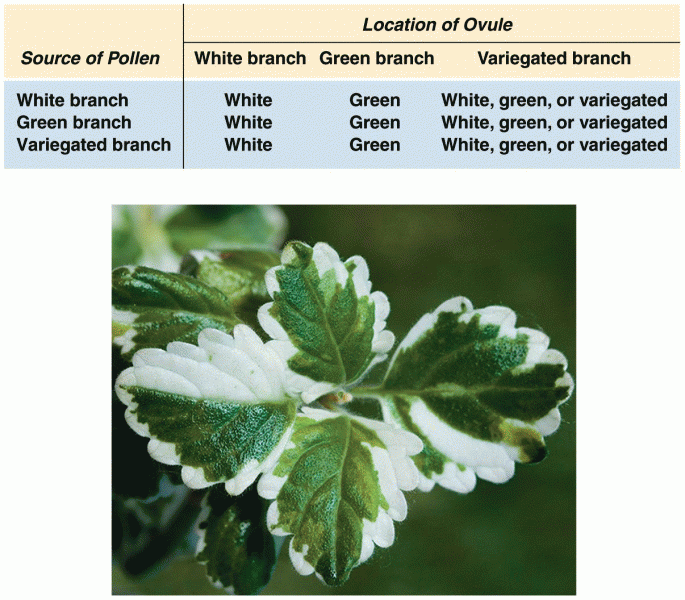|
|
|
Many of the drugs used by neuroscientists are derived from toxic plants and venomous animals (such as snakes, spiders, snails, and puffer fish).
Ether was used widely for surgeries but became less popular because of its flammability and its tendency to cause vomiting. In England, it was quickly replaced by chloroform, but this agent caused many deaths and lost popularity.
Fatal fungal infections may be able to resist newer antifungal drugs. Globally, fungal infections are often fatal due to the lack of access to multiple antifungals, which may be required to be utilized in combination. Single antifungals may not be enough to stop a fungal infection from causing the death of a patient.
Alcohol acts as a diuretic. Eight ounces of water is needed to metabolize just 1 ounce of alcohol.
Children of people with alcoholism are more inclined to drink alcohol or use hard drugs. In fact, they are 400 times more likely to use hard drugs than those who do not have a family history of alcohol addiction.
 This lithograph of the New York draft riots, 1863, shows that although the rioters mainly targeted b
This lithograph of the New York draft riots, 1863, shows that although the rioters mainly targeted b
 In Charles Russell’s Trail of the Iron Horse (1910) steel rails stretch nearly to the sun while wisp
In Charles Russell’s Trail of the Iron Horse (1910) steel rails stretch nearly to the sun while wisp





